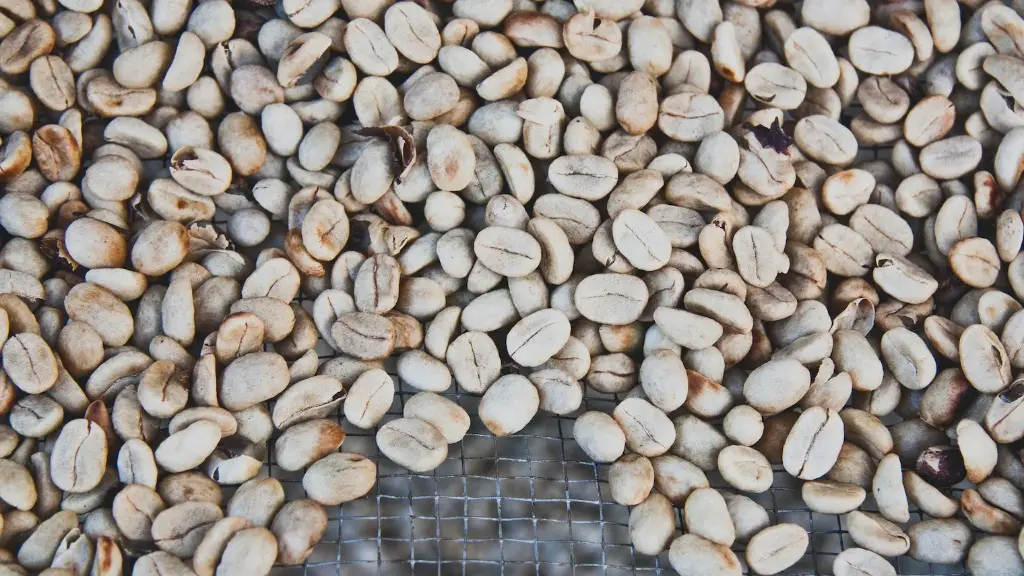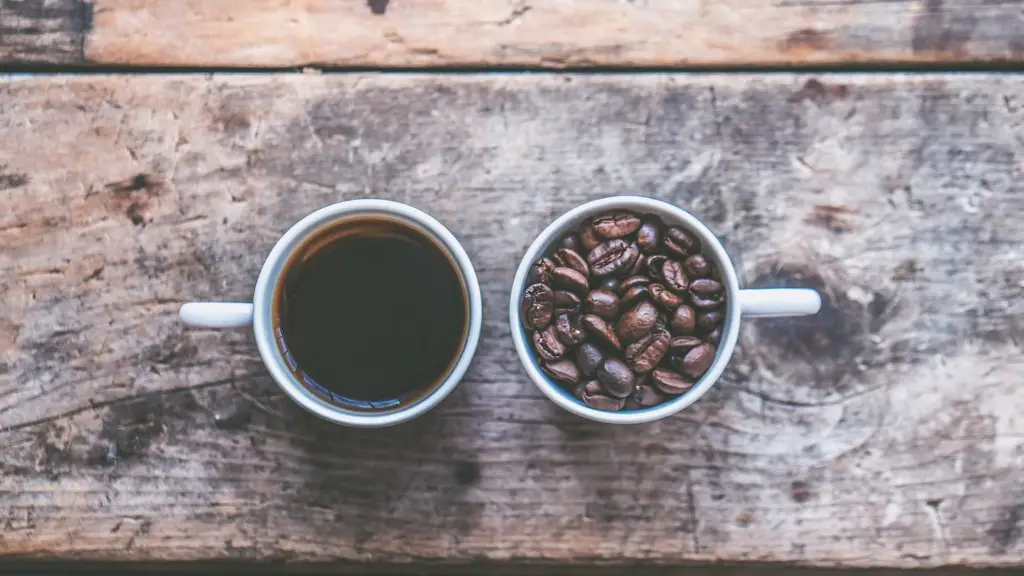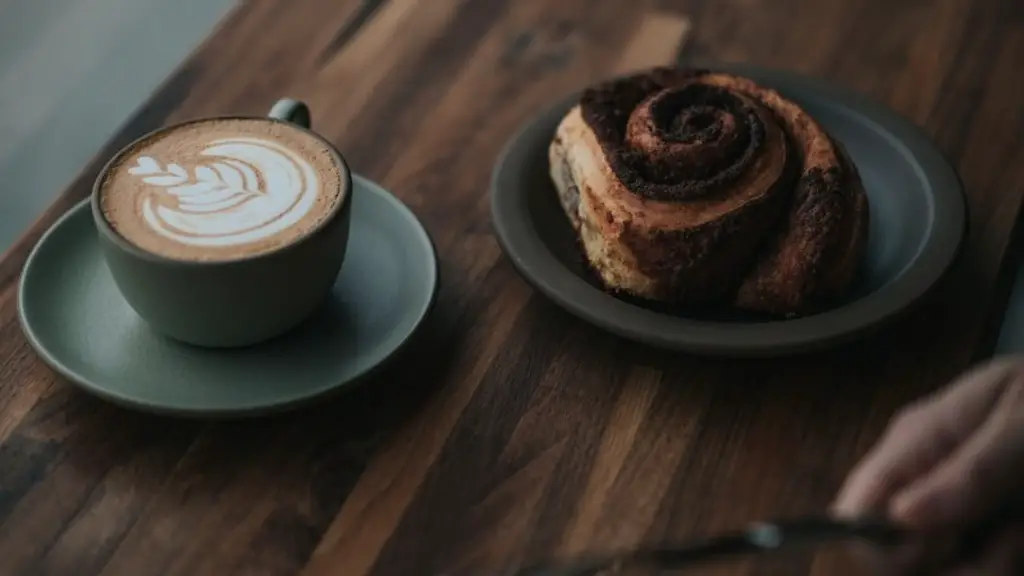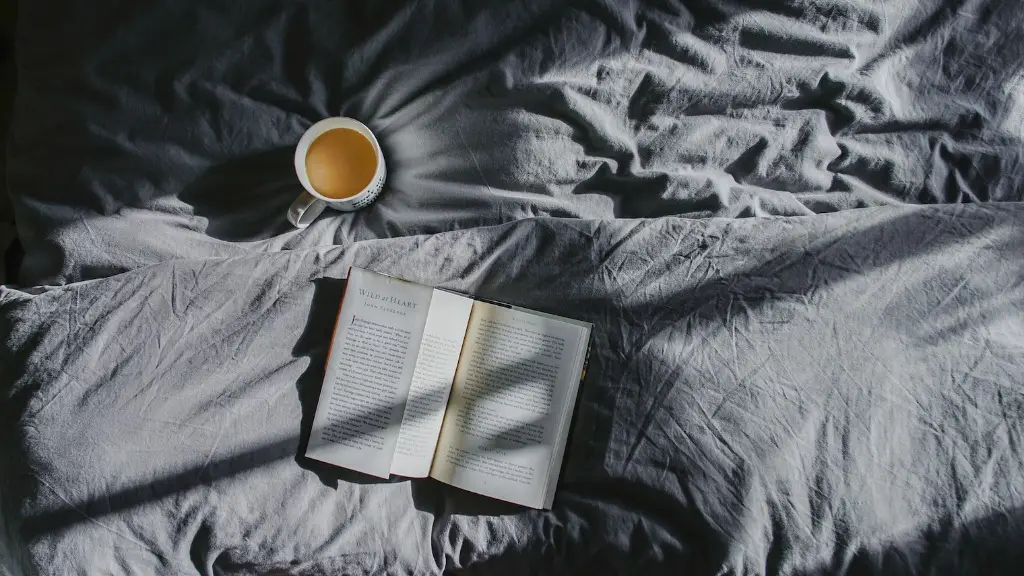The Truth About Drinking Coffee Quickly
It’s 6 AM and you’ve got a long day ahead of you. You grab a cup of coffee, and you’re in such a hurry to get going that you chug your cup back as fast as you can. You’ve heard that it’s not a good idea to guzzle coffee, but you can’t be bothered to slow down and savor it.
Experts say that yes, it is bad to drink coffee quickly. It’s a habit that can have long-term consequences and make it easier to overdo it when it comes to your daily caffeine consumption.
First of all, it’s worth pointing out that coffee affects each person differently. This means that some people will feel the effects of drinking coffee more quickly than others. This can lead to an overly stimulating feeling and can make it harder to focus. This can lead to a bad experience for both drinkers and for those around them.
When you sip your coffee more slowly and savor it, you can experience its flavor more fully and it can be easier to appreciate its beneficial properties. Not to mention that taking your time to enjoy a cup of coffee is much more relaxing and can be a real break in the middle of a stressful day.
Drinking coffee quickly can also increase your risk of developing certain health complications, such as heartburn. Studies have found that the more caffeinated the drink, the more likely you are to experience this. It may also lead to dehydration, as gulping large amounts of any beverage can disrupt your body’s natural balance.
Finally, it can be easier to consume too much caffeine when you drink it quickly. This can lead to health issues such as anxiety, insomnia, and headaches. Additionally, drinking coffee too quickly can cause you to miss out on certain compounds that help to balance out the effects of caffeine. In other words, if you take the time to enjoy your coffee, you can receive all its benefits.
Too Much Caffeine
It’s true that a cup of coffee can be beneficial and provide mental clarity. However, drinking too much can be dangerous and make it hard to focus. The excess caffeine can be stimulating and cause the body to release excessive levels of adrenaline, leading to restlessness and anxiety.
Furthermore, because caffeine is a stimulant it impacts your body’s natural sleep cycle. This means that when you’re drinking too much coffee your body may struggle to get adequate amounts of rest. This can lead to more serious health issues such as insomnia as well as stress, headaches, and fatigue.
It’s important to pay attention to how much coffee you’re consuming. If you’re noticing that you’re getting jittery after drinking, then you might want to start paying attention to how much coffee you’re drinking and perhaps consider cutting back.
Most experts recommend no more than three 8 ounce cups of coffee per day. However, people who are sensitive to caffeine may need to limit their intake even further. It’s also important to remember that certain foods and beverages may contain caffeine, so you should take this into account when you’re calculating your daily caffeine intake.
The Benefits of Slow Sipping
Drinking coffee slowly means that you can savor it and appreciate its flavor, aroma, and benefits. The compounds in coffee can be soothing and calming, which is why it’s important to take your time. Slow sipping also offers other benefits, such as improved digestion and better blood sugar control.
Furthermore, drinking coffee slowly can help you to stay hydrated. When you drink any beverage quickly, you’re more likely to drink more and this leads to dehydration. Therefore, if you’re drinking coffee, try to savor it and be mindful of your body’s needs for hydration.
Finally, drinking coffee slowly can help you to appreciate its aroma and flavor, both of which are important components of the coffee-drinking experience. Taking your time to savor a cup of coffee can be a ritualistic and relaxing experience, which is something that everyone should strive to experience.
Alternatives to Coffee
If you’re looking to cut back on caffeine but you don’t want to give up your coffee fix, there are plenty of alternatives available. Decaffeinated coffee is an obvious choice, as is herbal tea. Herbal teas can be delicious and can offer a range of beneficial compounds, such as antioxidants, minerals, and vitamins. There’s also the option of tea made from calendula, chamomile, or peppermint, which can help to soothe stress and tension.
If you’re looking for a coffee substitute that still gives you an energy boost without the jitters, then try guarana. This herb has been used for centuries in South American countries and is known for its energizing effects. It’s also a source of beneficial antioxidants and may provide some protection from degenerative diseases.
Finally, if you just need a little extra pick-me-up throughout the day, then a snack made of healthy fat like almonds, walnuts or pistachios can provide you with a quick energy boost. Alternatively, try an iced matcha latte, which is filled with antioxidants, minerals, and vitamins. Yerba mate tea also contains energizing compounds and can be a great alternative to coffee.
The Bottom Line
It’s clear that drinking coffee quickly is not a good habit to get into, as it can have some serious long-term effects. If you’re looking for a mental and physical boost, then it’s best to take your time to enjoy your cup of joe without gulping it down. There are plenty of alternatives to coffee, so you don’t have to miss out on this ritualistic experience. But if you do choose to consume coffee, then remember to sip it slowly and appreciate its amazing flavor and beneficial compounds.




